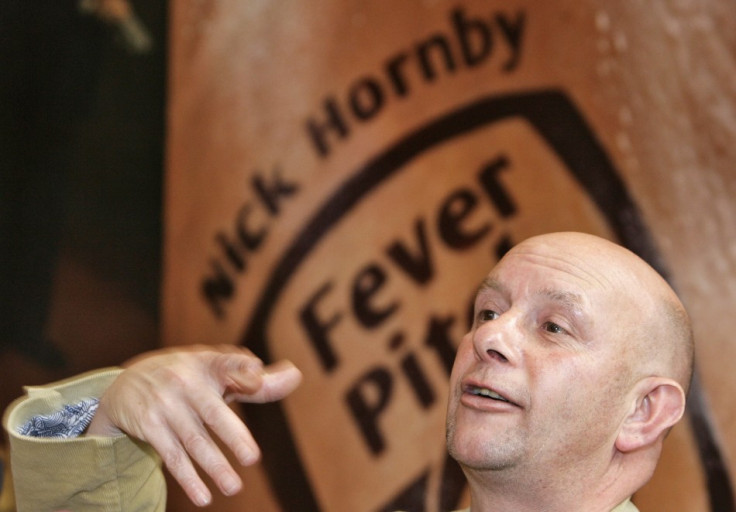20 Years On: Arsenal Fans Not The Only Ones To Catch The Fever
REVIEW: Nick Hornby's book Fever Pitch is still as relevant today as when it was published 20 years ago
20 years ago Nick Hornby published a book about football. And Arsenal. And his love for both.
I was just six years old when the story of Fever Pitch came out, living in Australia, and I knew nothing of this 'round ball' game.
19 years on, as I boarded a plane to England with big ambitions to be a football journalist, a friend gave me Fever Pitch and told me to have a read and get an understanding of what the game used to be like, so I could at least have a glimpse of how much things had changed over the past 40 years or so, even if I couldn't witness it first-hand.
Fever Pitch for me was a book that changed the way I thought about football. I'm certainly not an Arsenal fan - though I do respect them as a club - but Hornby's writing completely connected with me and explained, or at least tried to explain, why it is that we love the game so much and why it can make us feel on top of the world and at our lowest point without fear or favour.
Hornby's close-up encounter of growing up and becoming addicted to Arsenal shows a time when football was loved by the working class fans. And ironically, his words found their way into the hands of many middle-class citizens, having a hand in making the atmosphere of the sport what it is today.

His stories of life and football interloping are relatable for all of us, and his assertion that football is better than anything else because of the complete element of surprise is the core of why we love it so much. Feelings of complete ecstasy are always best when you least expect them, Hornby argues, and the realisation when the ball finds the back of the net is the most unexpected, particularly because your only involvement in the event is you willing it with every emotion in your body.
His point of view that women never quite like football in the way that men do is also particularly interesting; rather than taking the attitude that girls just don't understand - which for the record, many of us really do - he takes the attitude that men's ways of creating an identity require them to learn all the stats, know every player's name and be there for every high and low, while women take to football more for the enjoyment of the moment.
Of all the education that I've received on football since moving to England, reading Fever Pitch was one of the biggest learning curves, and every football fan, whether you support Arsenal or not, should give it a chance to better understand the history of the beautiful game on it's original home turf.
Hornby told the BBC in March that he believed the changes in English football, from cheap tickets and terraces to watered down chants and stadiums with brand names, might change the way kids viewed the game.
"The thing about the really cheap prices, being able to decide on the day whether you went or not, is that it creates an addiction," the Arsenal fan said.
"We made up our mind whether to go on Saturday lunchtime. You can't do that anymore. Most kids see live football, like theatre, as a treat three or four times a year.
"Whether in 20 years' time those kids will still want to go, feels as though it will be different.
"I think more has changed in the 20 years since I wrote the book than happened in 100 years of professional football before that. I couldn't have guessed the profundity of those changes."
Should any person young or old want to get a feel for, or be reminded of how it used to be, this book has certainly not aged a day in the 20 years since it was published.
© Copyright IBTimes 2025. All rights reserved.





















